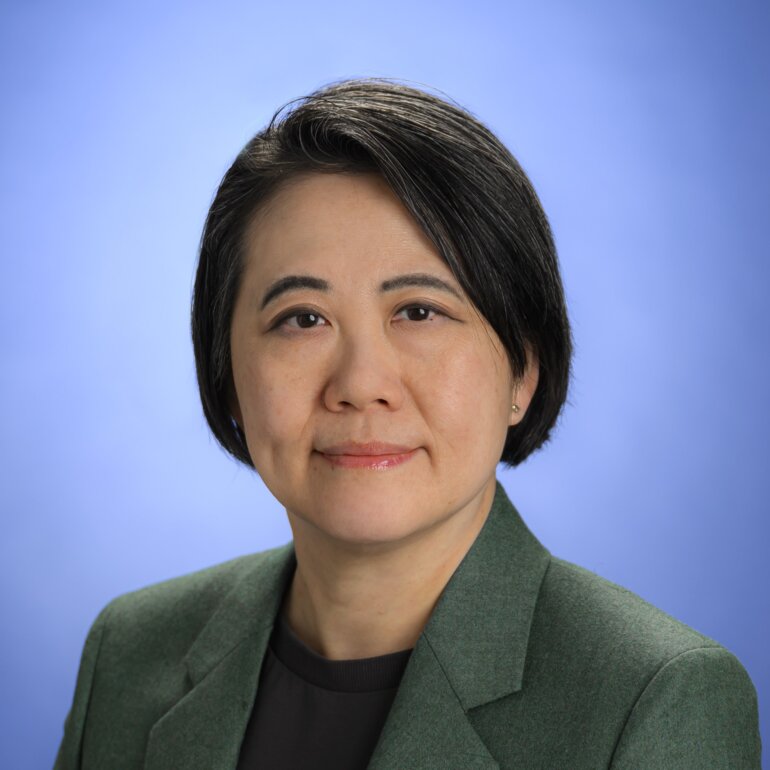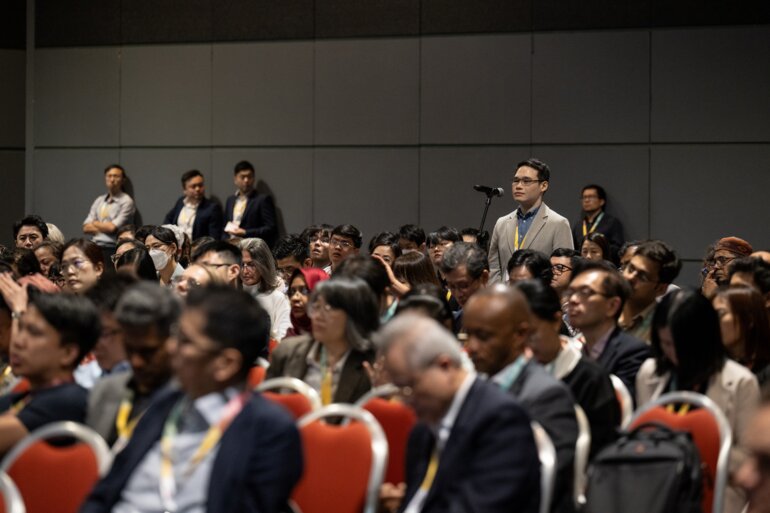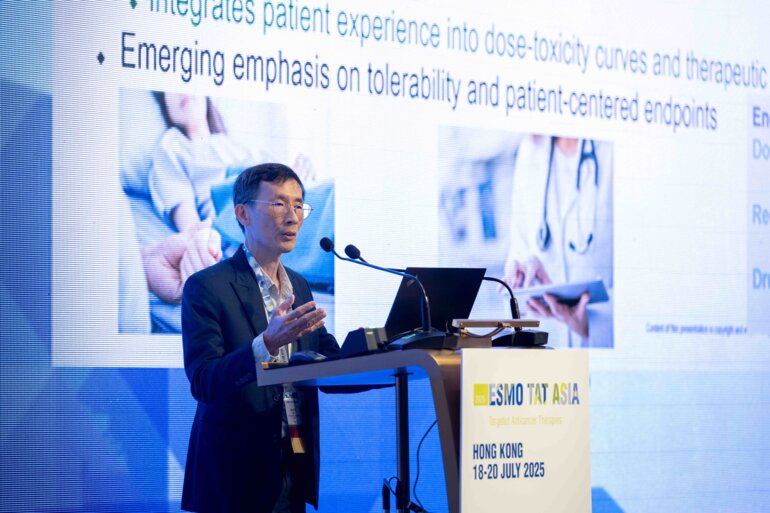Global cooperation is needed to improve trial design and expedite new treatments specifically in low- and middle-income countries
The past three decades have seen huge changes in the oncology phase I clinical trial arena. We are now seeing considerable growth in early drug development outside of the traditional areas of the United States of America (USA) and Western Europe, with particularly wide expansion in Asian Pacific countries. The role of the region in developing precision oncology was convincingly established in 2009, with the phase III IPASS trial – demonstrating the benefit of gefitinib in EGFR-mutation positive non-small cell lung cancer (NSCLC) (N Engl J Med. 2009;361:947–957) – which was conducted solely in Asia Pacific. Fast forward to 2023, and China outpaces the USA in terms of conducting the greatest number of early-phase and validation-phase trials (ESMO Open. 2025;10:104086).
The shift in the location of early-phase trials has been shaped by a variety of disease, treatment and logistical influences. Access to specialised populations is a key factor and a number of cancers, including lung, gastric and hepatocellular cancer, are prevalent in Asia Pacific. Also, many countries in the region, for example Japan and South Korea, use next-generation sequencing (NGS) as standard practice to molecularly characterise patients at the outset. Patients whose tumours harbour druggable molecular alterations, are ideal candidates for entry into early phase precision-oncology trials. Another factor is the significant proportion of ‘homegrown’ developmental therapeutics, including cell-based therapies and antibody–drug conjugates, that are now coming out of Asia Pacific. And, of course, financial context is a major consideration in trial location. The cost of conducting trials can be considerably lower in countries outside the USA and Europe. What is more, performing research in a country with a relatively straightforward regulatory framework, like Australia, can pay dividends in terms of expediting trial initiation. And this is probably one of the reasons behind the Australian research prominence in the development of KRASG12C inhibitors plus cetuximab for colorectal cancer (Nat Med. 2024;30:271–278).
While the change in the geography of early-phase trials extends beyond Asia Pacific to include other areas, such as South America, in all regions it is generally confined to upper-middle-income countries. Low-income and low-middle income countries (LMICs) continue to have little access to trials, which are often the only way patients can receive some of the new treatments that are already available as standard of care in other regions.
Looking ahead, we need to act globally. Mutual partnerships should be encouraged, which could see LMICs benefit from pharmaceutical company assistance with the infrastructure and training resources necessary to conduct clinical trials, and both the company and the patient population would potentially benefit from the trial itself. Finally, researchers should redouble efforts to leverage existing and ongoing trial data and to share information between groups, so that we can adaptively learn how to better inform early-phase trial design. Smarter trials will help us not only to develop new treatments more quickly, but also to limit patient exposure to therapies unlikely to be of any benefit to them.
Programme details
Siu LL. Global development of phase I developmental therapeutics: An odyssey through recent decades
Keynote Address, 19.07.2025, h. 11:35 – 12:05, Grand Ballroom 1







